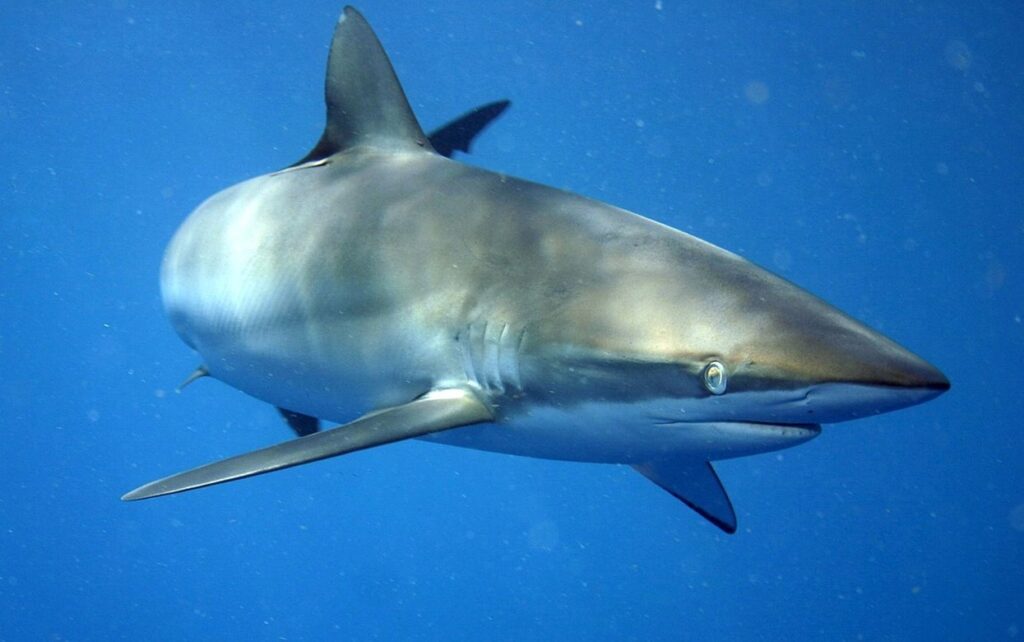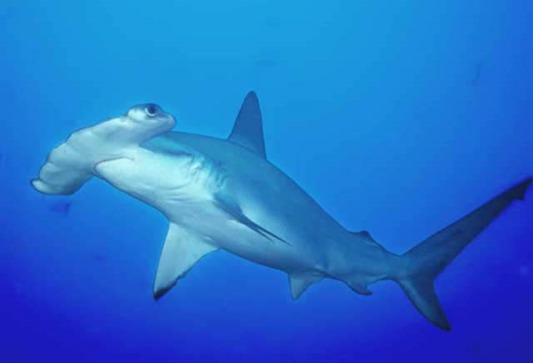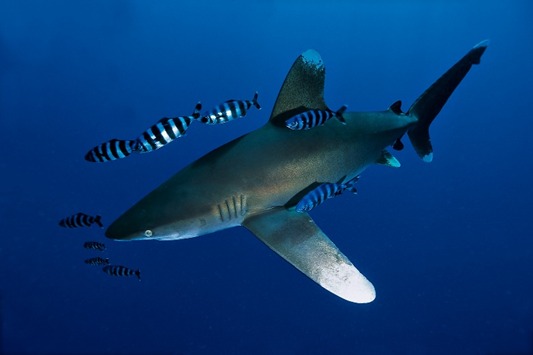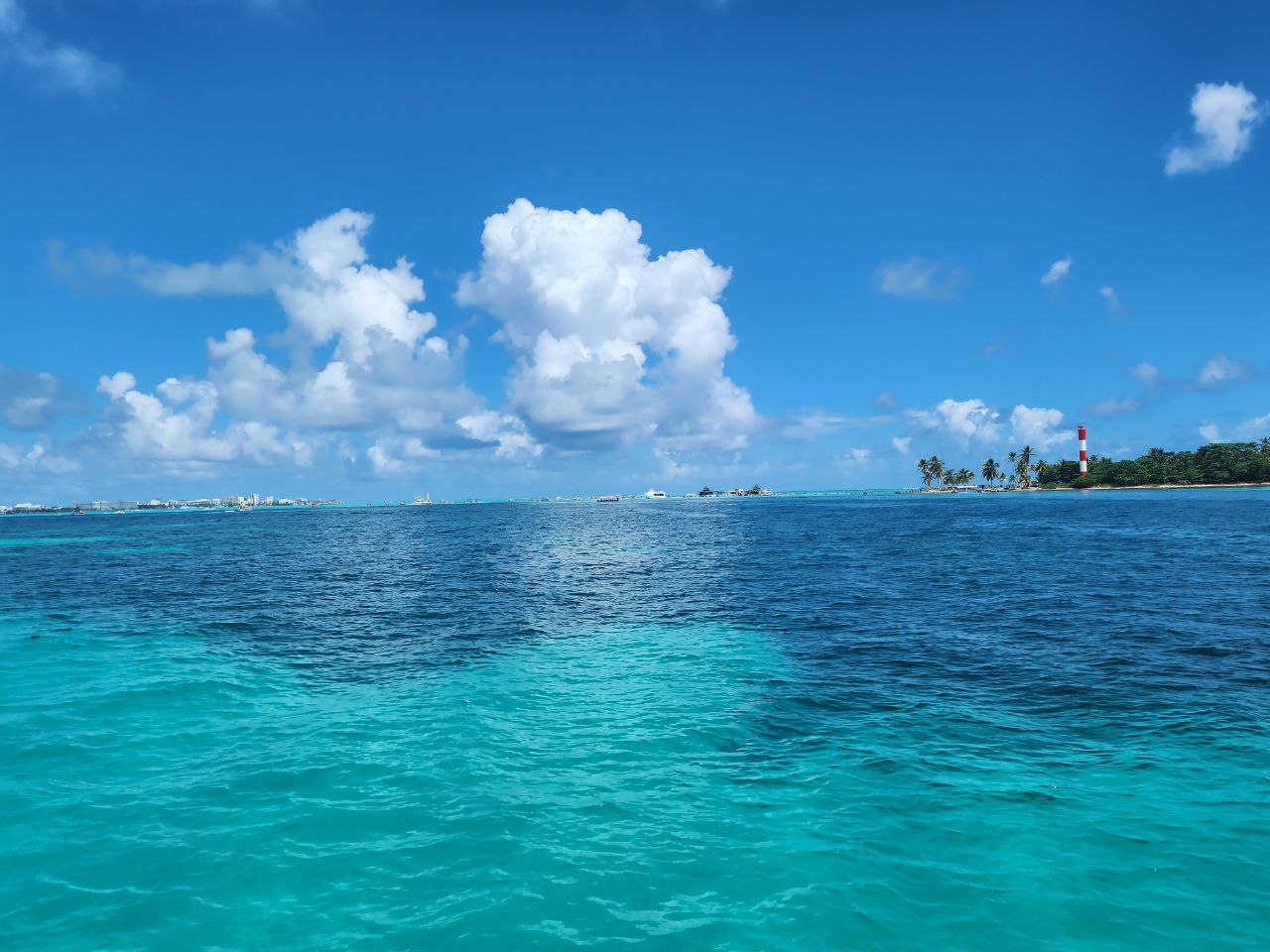RESUME
This plan is a pioneer in the conservation of 3 species of sharks: ‘Carcharhinus porosus’, ‘Carcharhinus longimanus’ and ‘Sphyrna lewini’. On the Colombian Atlantic coast, a 58% reduction in the biomass of sharks and rays has been identified between 1970 and 2007 (García et al., 2007). We have registered a progressive decrease over time of the landing volumes and reduction in the average catch sizes, and in the insular zone of the Caribbean (Archipelago of San Andrés, Providencia and Santa Catalina) a strong fishery aimed at the extraction of these organisms, which captured mostly juvenile individuals (Castro-González and BallesterosGalvis, 2018). Despite this evidence of deterioration in elasmobranch populations, their extraction patterns have been poorly documented in Colombia. Additionally, it has been diagnosed that there is a clear deficiency of knowledge in different biological and ecological aspects that are relevant for the conservation and management of the species of sharks of species ‘Carcharhinus porosus’, ‘Carcharhinus longimanus’ and ‘Sphyrna lewini’. The panorama described above and the need for the countries of the world to generate their own strategies for the ordering of cartilaginous fish, leads ECOCEANOS CORPORATION to formulate the National Action Plan for the Conservation and Management of Sharks (PAN-Tiburones Colombia). This plan is a pioneer in including management and conservation proposals for sharks in Colombia.
This is a national proposal in accordance with the regional particularity of the geographical areas of the Colombian Atlantic coast, differentiated by the fishing carried out in each one of them, the established fishing communities and the species of sharks and rays associated in the catches. The Action Plan is supported by the previous diagnostic document, consigned in this document. Finally, the Action Plan is structured in such a way that it covers investigative, legal and governance issues, surveillance and control, education and dissemination, management and conservation strategies, and a phase of permanent evaluation of progress in related activities and adjustments of the same Plan over time.
Keywords: Smalltail Shark, Oceanic Whitetip Shark, Scalloped Hammerhead Shark; Zenú indigenous
community; sustainable fishing, extinction.




